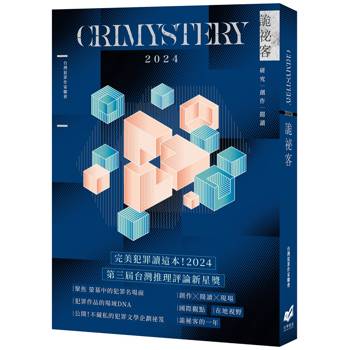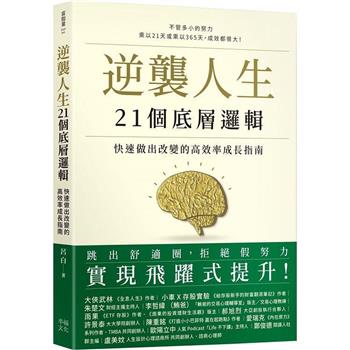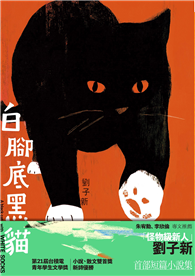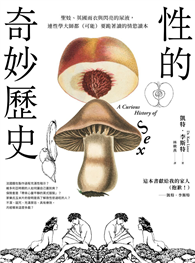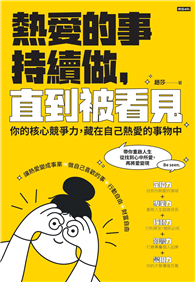Leon Battista Alberti, an author, artist, architect, poet, priest, linguist, philosopher, and polymath, wrote "Profugiorum ab rumna libri III" in the first half of the 1440s. Alberti’s dialogue engages with historical and philosophical influences from antiquity, Christianity, and the Middle Ages while emphasizing the significance of sensory perception and the sensual experience of the world. "Profugiorum ab rumna" offers insight into 15th-century Florentine humanism and presents an early modern interpretation of self-cultivation and care. Alberti develops an ironic idea of therapy that challenges the Stoic belief in finding a definitive cure for the difficulties and uncertainty of cultural and social life, and a resulting anguish. Instead, he proposes techniques and practices, including exercises in architecture and rationality, to ward off anguish and listlessness, while recognizing that disquiet, as a sign of the Other, can only ever be temporarily overcome.
| FindBook |
有 1 項符合
Refuge from Turmoil: Profugiorum ab ærumna的圖書 |
 |
Refuge from Turmoil: Profugiorum ab ærumna 作者:Alberti 出版社:Limbo Press 出版日期:2023-06-10 語言:英文 規格:平裝 / 122頁 / 21.01 x 14.81 x 0.66 cm / 普通級/ 初版 |
| 圖書館借閱 |
| 國家圖書館 | 全國圖書書目資訊網 | 國立公共資訊圖書館 | 電子書服務平台 | MetaCat 跨館整合查詢 |
| 臺北市立圖書館 | 新北市立圖書館 | 基隆市公共圖書館 | 桃園市立圖書館 | 新竹縣公共圖書館 |
| 苗栗縣立圖書館 | 臺中市立圖書館 | 彰化縣公共圖書館 | 南投縣文化局 | 雲林縣公共圖書館 |
| 嘉義縣圖書館 | 臺南市立圖書館 | 高雄市立圖書館 | 屏東縣公共圖書館 | 宜蘭縣公共圖書館 |
| 花蓮縣文化局 | 臺東縣文化處 |
|
|
圖書介紹 - 資料來源:博客來 評分:
圖書名稱:Refuge from Turmoil: Profugiorum ab ærumna
|
